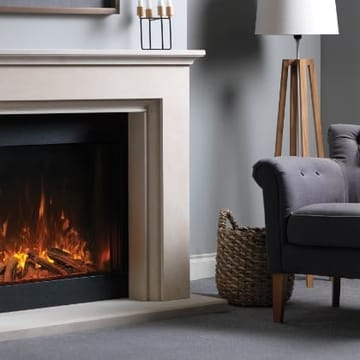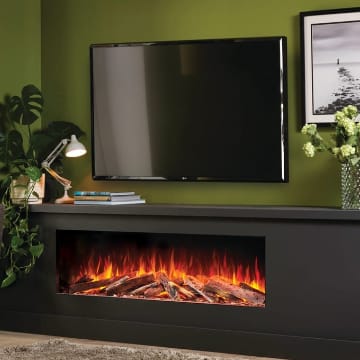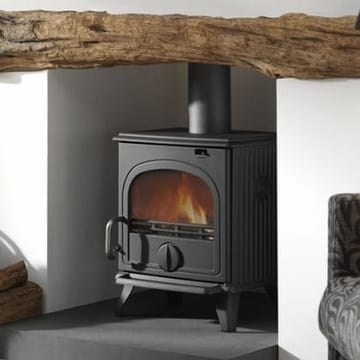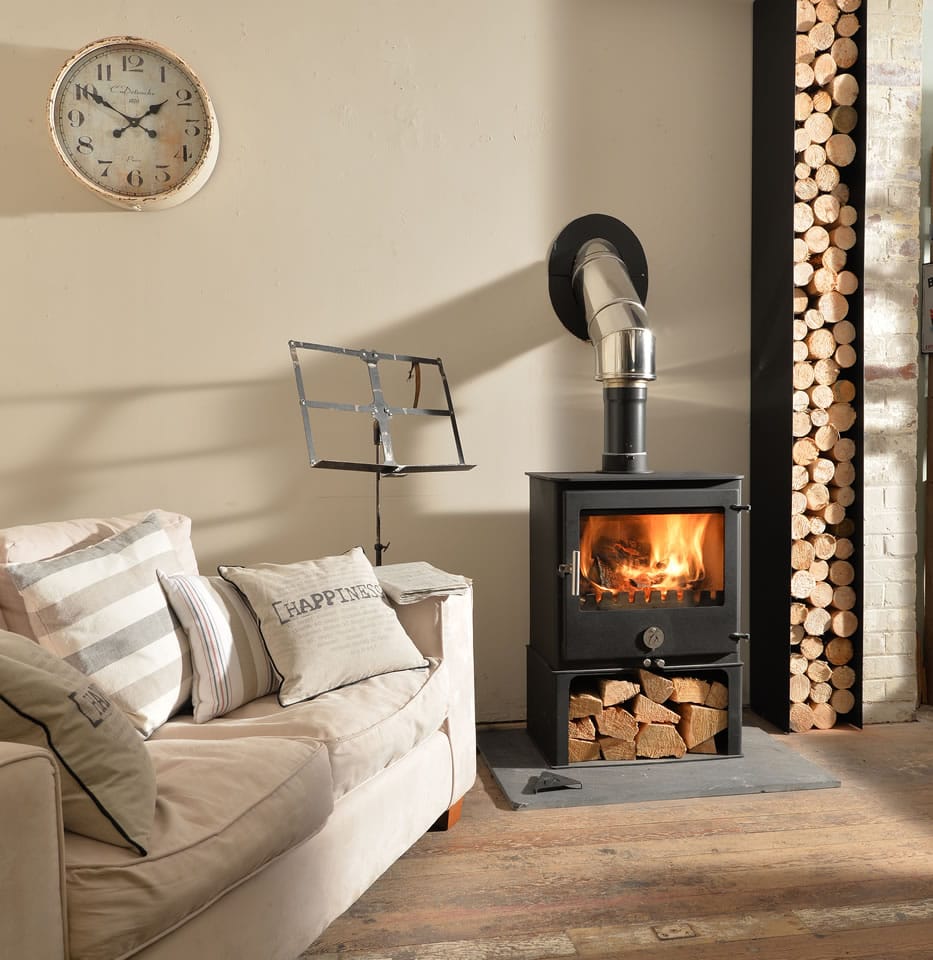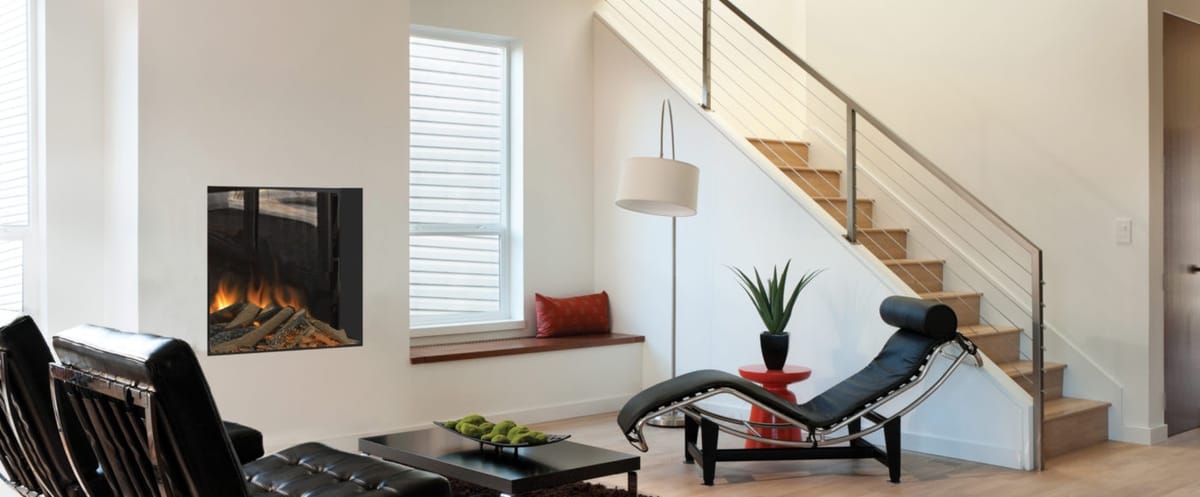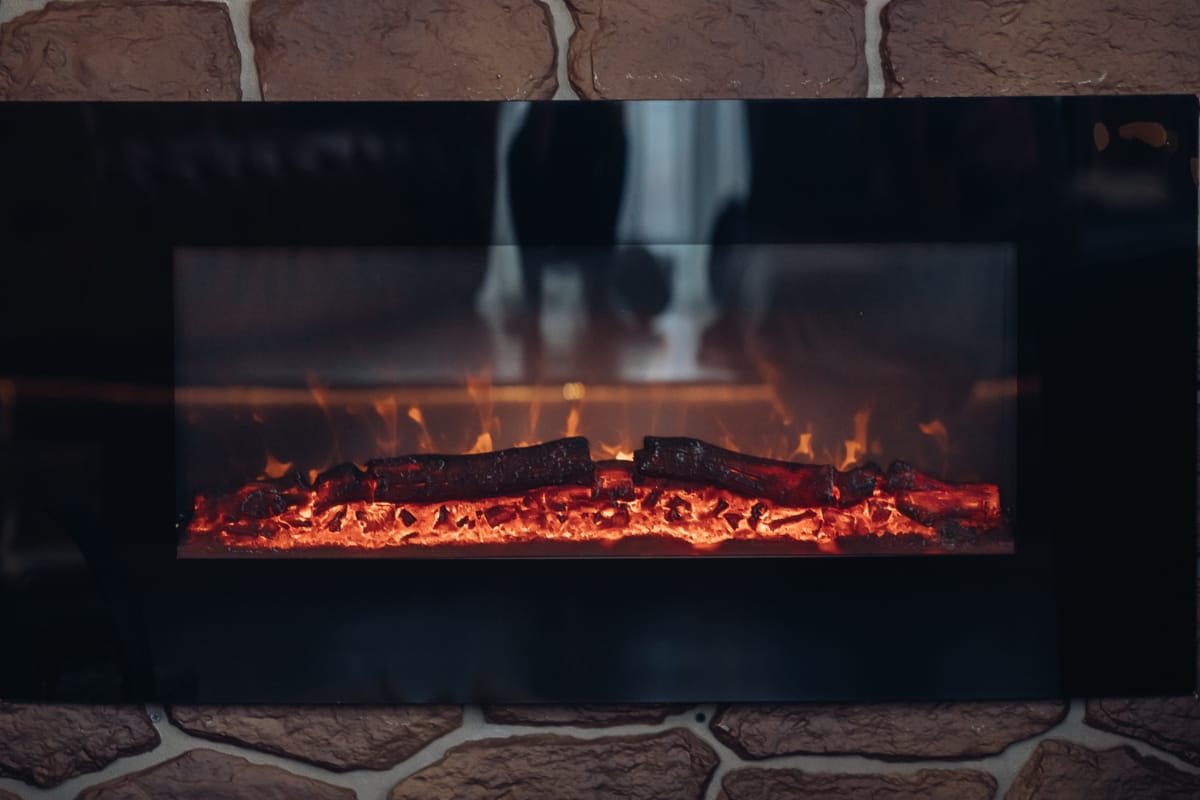Burning Cash or Craving Cost Savings? The Wood Burning Stove Dilemma in a UK Cost Crunch
The icy grip of the cost-of-living crisis has many in the UK turning to unorthodox methods to keep warm and save money. Among these, wood burning stoves have emerged as a beacon of hope, promising crackling fires and lower hearting bills. But is this a sustainable solution, or are we simply trading one financial headache for another? Let's delve into the burning question: can wood burning stoves truly offer warmth and respite in the face of skyrocketing energy costs?
The Allure of Affordability:
On the surface, the appeal is undeniable. Compared to conventional gas or electric heating, wood appears significantly cheaper. A recent study by the New Statesman found that modern wood-burning stoves can generate heat at 71% less cost per kilowatt-hour than electric and 12% less than gas. This can translate to substantial savings, especially for those struggling with rising energy bills.
Fuelling the Fire: Costs Beyond the Stove
However, the initial investment in a wood burning stove can be hefty, ranging from £500 to £5,000 or more depending on the model and installation. Additionally, the cost of firewood itself is not immune to the economic upheaval. A cord of seasoned hardwood, the recommended fuel for efficient and clean burning, can set you back anywhere between £70 and £150. Factor in the upkeep costs like chimney sweeps and potential repairs, and the financial picture becomes less clear-cut.
[H3Environmental Embers: The Sustainability Factor
The environmental impact of wood burning stoves is another burning issue. While proponents argue that sustainably sourced wood is carbon-neutral, the reality is often murkier. Improperly seasoned or burnt wood releases harmful pollutants like particulate matter, contributing to air quality issues, especially in urban areas. This can exacerbate respiratory problems and negate the health benefits of the warm home.
Finding the Right Flame: Weighing the Options
So, should you succumb to the allure of the crackling fire, or stick to your tried-and-true heating methods? The answer, as with most things in life, is nuanced. Here are some key factors to consider:
- Your Home and Usage: If you live in a well-insulated home and plan to use the stove regularly, the cost savings might outweigh the initial investment.
- Fuel Sourcing: Ensure you're using sustainably sourced, seasoned wood to minimise environmental impact and maximise efficiency.
- Regulations and Restrictions: Be aware of local regulations and restrictions on woodburning in your area.
Beyond the Stove: Embracing Alternative Solutions
While wood burning stoves can offer a charming and potentially cost-effective option in certain situations, they shouldn't be seen as a magic bullet. Investing in home insulation, optimising your existing heating systems, and exploring government assistance programs can yield significant savings without the environmental drawbacks.
Remember, the cost-of-living crisis is a complex challenge, and there's no one-size-fits-all solution. Carefully weigh the costs, benefits, and environmental impact before embracing the warmth of a wood burning stove. By making informed choices, we can navigate this crisis while keeping both our wallets and the planet warm.
Conclusion:
The wood burning stove debate is one with no easy answers. While they offer a tempting glimmer of warmth and potential savings, the financial and environmental considerations require careful examination. By taking a holistic approach and exploring alternative solutions, we can find ways to stay warm and weather the cost-of-living storm without adding fuel to the climate crisis.
Currently the best option for heating our homes is with electric as it is one of the clearest energy sources, using wind, solar and nuclear. However the nuclear waste is going to be a problem for future generations if they don't find out a way to use it safely or find a way to make nuclear waste safe.
